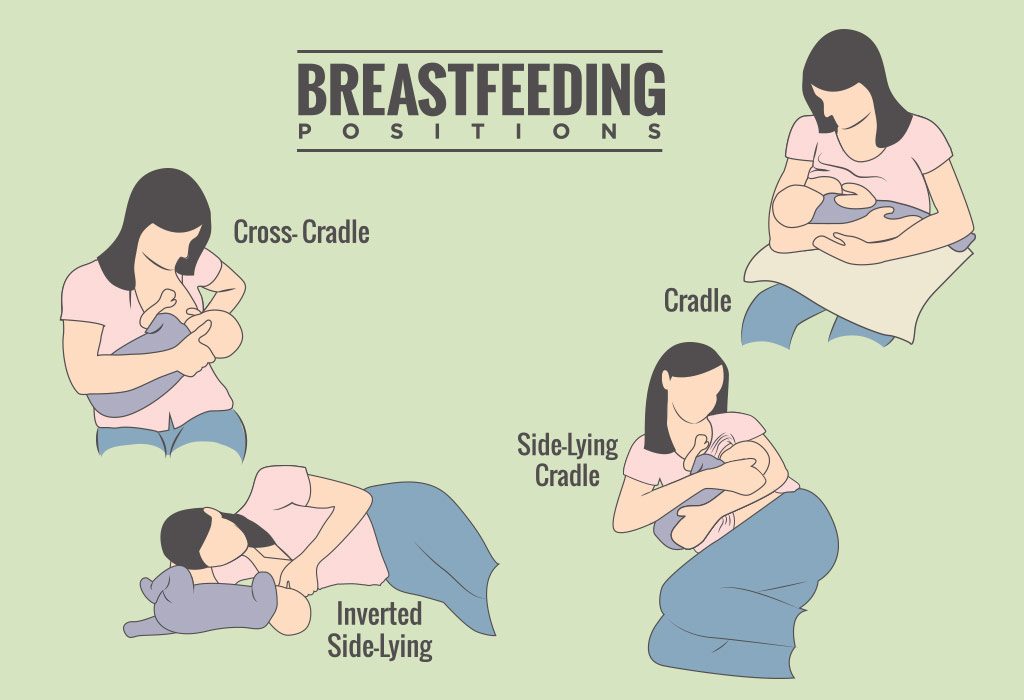Blood in Pregnancy: What to Do When You Spot Blood During Pregnancy
Pregnancy is a miraculous and transformative time, filled with anticipation and joy. However, it can also bring about moments of concern and uncertainty, especially when unexpected symptoms arise. One such concern is spotting or bleeding during pregnancy. While it’s natural to feel anxious when you see blood, it’s essential to approach the situation calmly, understanding that spotting doesn’t always indicate a serious problem. In this article, we’ll explore the common reasons for spotting during pregnancy and what steps to take if you find yourself in this situation.
Understanding Spotting During Pregnancy:
Spotting, defined as light bleeding that can range from a few drops to more substantial amounts, is not uncommon during early pregnancy. Many women experience spotting, and in some cases, it’s entirely normal. However, it’s crucial to be attentive to the details and communicate any concerns with your healthcare provider.
Causes of Spotting During Pregnancy:
- Implantation Bleeding: One of the earliest causes of spotting is implantation bleeding. This occurs when the fertilized egg attaches itself to the lining of the uterus. It usually happens around the time of the expected menstrual period and is often light and brief.
- Hormonal Changes: Fluctuations in hormone levels, particularly in the early stages of pregnancy, can lead to light spotting. The increase in blood flow to the cervix and hormonal shifts can cause the cervix to be more sensitive, resulting in occasional bleeding.
- Cervical Changes: Pregnancy hormones can affect the cervix, causing it to be more prone to irritation and bleeding. This is often seen after activities such as sexual intercourse or a pelvic exam.
- Infections: Infections, such as yeast or bacterial infections, can sometimes lead to spotting. It’s essential to address any potential infections promptly to ensure the well-being of both the mother and the baby.
- Subchorionic Hemorrhage: This is a collection of blood between the uterus and the chorion, the outer membrane surrounding the embryo. While this can cause spotting, the majority of subchorionic hemorrhages resolve on their own and don’t necessarily lead to complications.
- Miscarriage: While spotting doesn’t always indicate a miscarriage, it can be a sign of concern. If you experience heavy bleeding, severe cramping, or the passing of tissue, it’s crucial to seek immediate medical attention.
- Ectopic Pregnancy: In some cases, spotting can be a symptom of an ectopic pregnancy, where the fertilized egg implants outside the uterus, usually in the fallopian tube. Ectopic pregnancies require immediate medical attention.
- Placental Issues: Conditions such as placenta previa or placental abruption can cause bleeding during pregnancy. These conditions may require careful monitoring and medical intervention.
What to Do When You Spot Blood:
- Stay Calm: While it’s natural to feel anxious, try to stay as calm as possible. Take a few deep breaths and reassure yourself that spotting doesn’t always mean something is wrong.
- Take Note of the Details: Pay attention to the details of the spotting. Note the color, amount, and any accompanying symptoms. This information can be helpful for your healthcare provider in assessing the situation.
- Contact Your Healthcare Provider: Regardless of the amount of blood or the circumstances, it’s crucial to contact your healthcare provider as soon as possible. They can provide personalized guidance based on your medical history and the specific details of your situation.
- Avoid Self-Diagnosis: It’s common for individuals to search for information online, but self-diagnosis can lead to unnecessary anxiety. Trust the expertise of your healthcare provider to assess your unique circumstances.
- Rest and Hydrate: If advised by your healthcare provider, take it easy and get plenty of rest. Hydrate well and avoid strenuous activities until you receive further guidance.
- Follow Medical Advice: Your healthcare provider may recommend monitoring, additional tests, or a visit for a physical examination. Follow their advice closely, and don’t hesitate to seek a second opinion if you feel uncertain.
When to Seek Emergency Medical Attention:
While spotting is often benign, certain situations require immediate medical attention. Contact emergency services or go to the nearest emergency room if you experience:
- Heavy bleeding: Soaking through a pad in an hour or less.
- Severe abdominal pain: Especially if accompanied by cramping.
- Passing of tissue: This could indicate a miscarriage.
- Dizziness or fainting: This may suggest significant blood loss.
- Shoulder pain: In some cases, ectopic pregnancies can cause pain in the shoulder.
Tips for Emotional Well-Being:
Experiencing spotting during pregnancy can be emotionally challenging. Here are some tips to support your emotional well-being:
- Communicate with Your Partner: Share your feelings and concerns with your partner. Open communication can strengthen your bond and provide mutual support.
- Seek Support from Loved Ones: Reach out to friends or family members who have experienced pregnancy. Their insights and empathy can be valuable during this time.
- Consider Counseling: If you find yourself struggling with anxiety or emotional distress, consider seeking professional counseling or support groups tailored for pregnant individuals.
- Educate Yourself: Knowledge can be empowering. Learn about common causes of spotting during pregnancy and understand that many women go on to have healthy pregnancies after experiencing spotting.
Conclusion:
Spotting during pregnancy can be a source of concern, but it’s essential to approach the situation with a calm and informed mindset. While some causes of spotting are harmless, others may require medical attention. Trust the guidance of your healthcare provider, and prioritize your physical and emotional well-being.
Remember that every pregnancy is unique, and what matters most is taking the necessary steps to ensure the health of both the expectant mother and the baby. By seeking timely medical advice, staying informed, and prioritizing self-care, you can navigate the experience of spotting during pregnancy with resilience and confidence.











